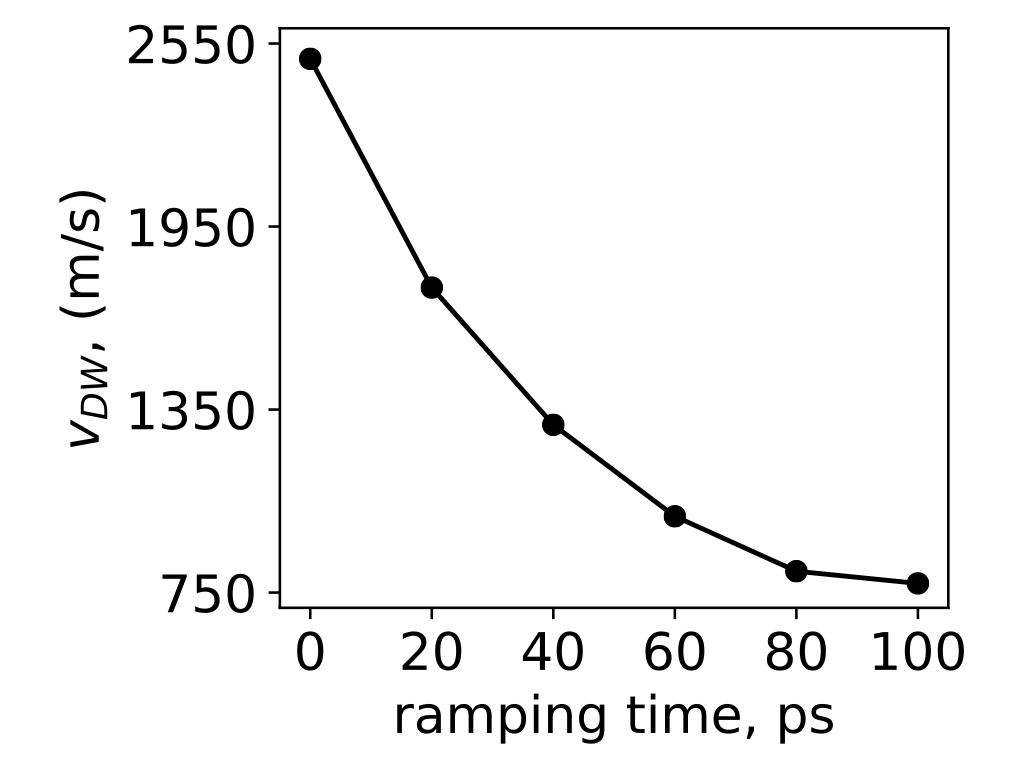Just another WordPress site - Ruhr-Universität Bochum
Research Group Scalebridging Simulation of Functional Composites – Student projects
If you are interested in a student research project in the group Scalebridging Simulation of Functional Composites please contact Prof. Dr. Anna Grünebohm.
Molecular ferroelectrics have shown great potential for ferroelectrics and electrocaloric effect due to their high structural tunability. However, the extent of compositional tuning on the structural-property relations have not been fully explored. This project aims to do a first principles DFT investigation on the structural and electronic properties of TMXM-BX3 (B=Mn, Fe,Zn; X=Br, I) molecular structures and special attention will be given to analyzing the role of the transition metal at the B-site and halide anion on the material properties. From this, we also aim to understand the bonding, possible structural distortions brought by size effects and their implications on ferroelectric properties and other open questions.
From this Project you will learn:
- How to perform first-principles DFT simulations on complex molecular ferroelectric materials,
- How to handle structural distortions in a material,
- How to understand and predict structure–property relationships,
- How to build strong computational and analytical skills.

The functional properties of ferroelectrics are governed by domain walls and their mobility. Recent studies reveal exotic properties like drastic domain wall acceleration and the effect of transient negative capacitance under an ultrafast field application as an intrinsic property of ferroelectrics. In this work, we will study how domain wall mobility is modified by the presence of an open interface and finite thickness of the ferroelectric film. We will use first-principal-based molecular dynamic simulations to investigate the impact of film thickness on domain wall dynamics. To do so, a microscopic analysis of local dipoles dynamics will be done, including statistical data analysis and its visualization. You will be supported in running molecular dynamics simulations and Python programming. During the project, you will gain knowledge about ferroelectric and statistical data analysis. See the literature to get insight into the topic [1] and investigate various domain walls using first-principle-based molecular dynamics [2].
Contact: Prof. Dr. Anna Grünebohm

- [1] Ruben Khachaturyan, Aris Dimou, Anna Grünebohm, Domain wall acceleration by ultrafast field ramping and non-equilibrium dipoles dynamics: an ab initio based molecular dynamics study, arXiv:2109.10062
- [2] A. Grünebohm, M. Marathe, Impact of domains on the orthorhombic-tetragonal transition of BaTiO3: An ab initio study, Phys. Rev. B 114417, 2020
Despite of critical importance of phase transitions (PTs) in ferroelectrics, the process of PT remain unclear hitherto. Recent studies demonstrated PT with coexisting paraelectric and ferroelectric phases. In the framework of this project we will shed some light on the question of paraelectric-ferroelectric PT using molecular dynamic simulations. Python will be used as a main tool for output data analysis and results visualization.
Contact: Prof. Dr. Anna Grünebohm

- Run MD simulation
- Write python scripts
- Process and analyze the data
- Running MD simulations
- Python for data analysis
- Phase transition
- Physics of ferroelectrics
